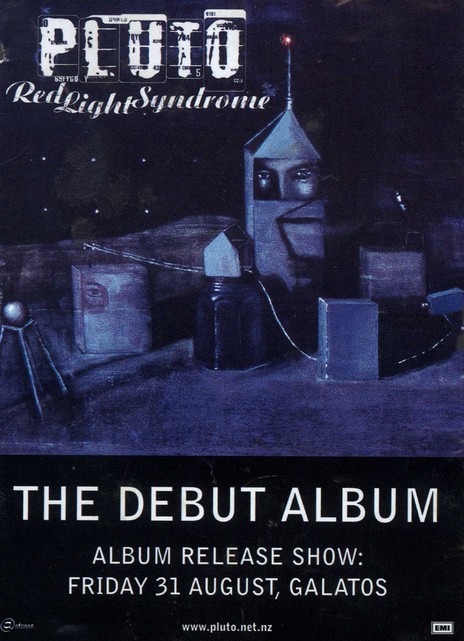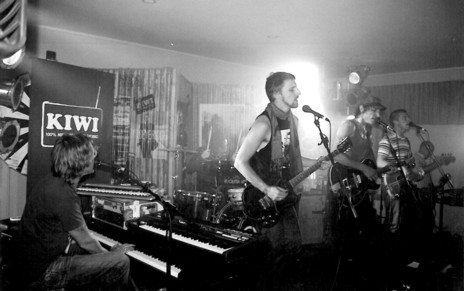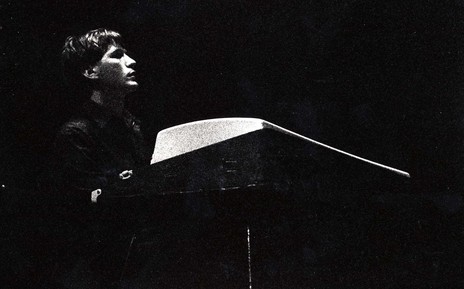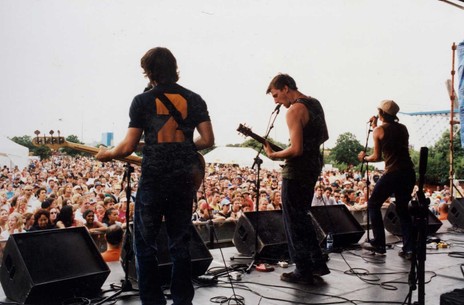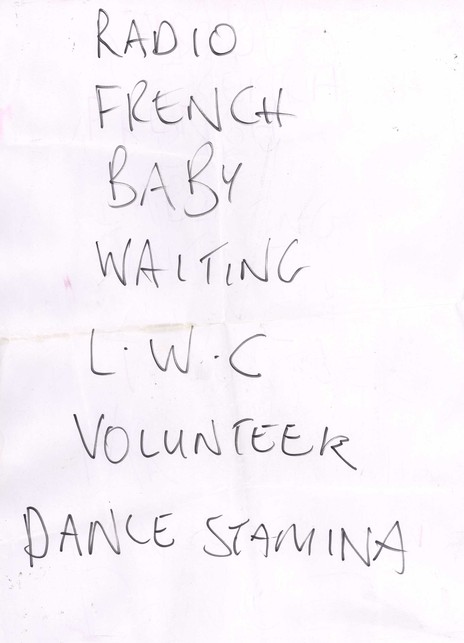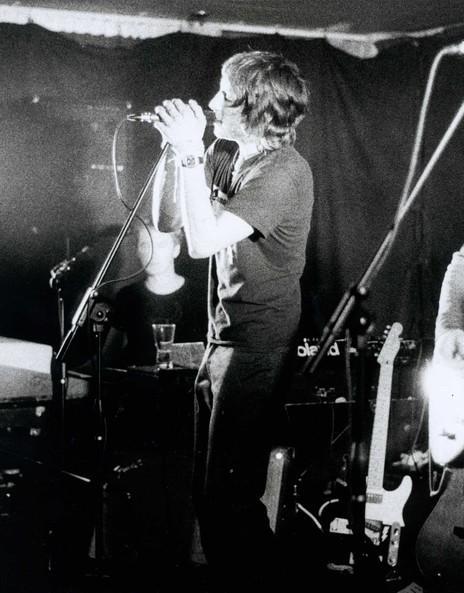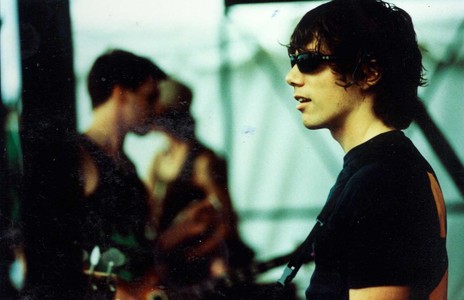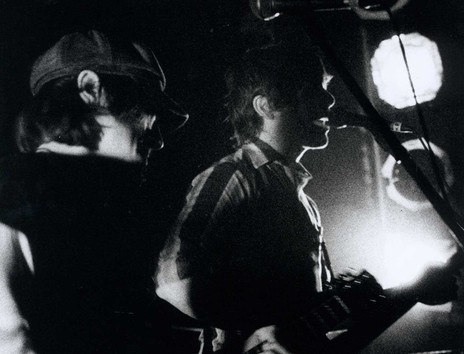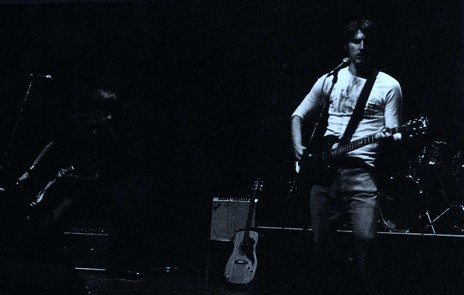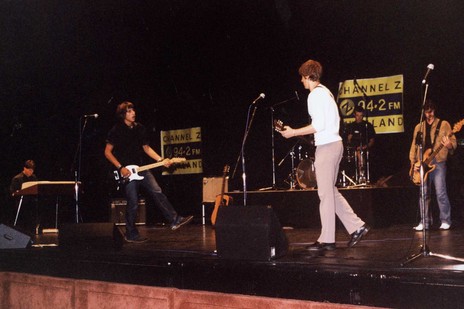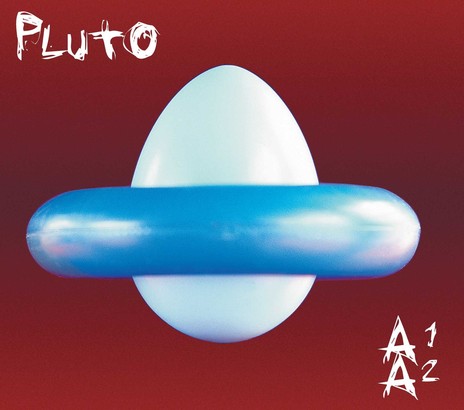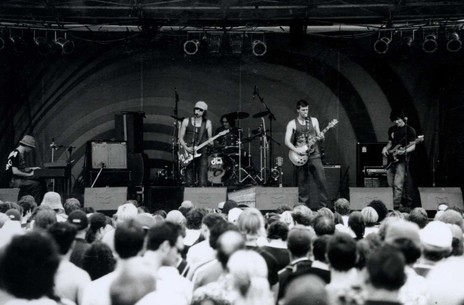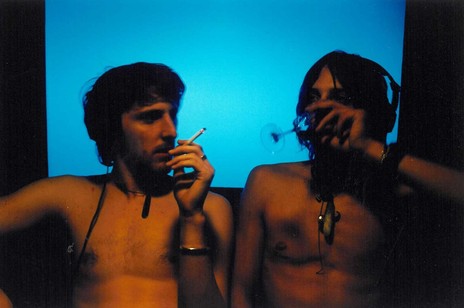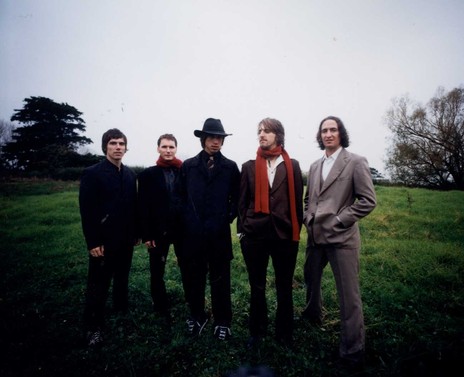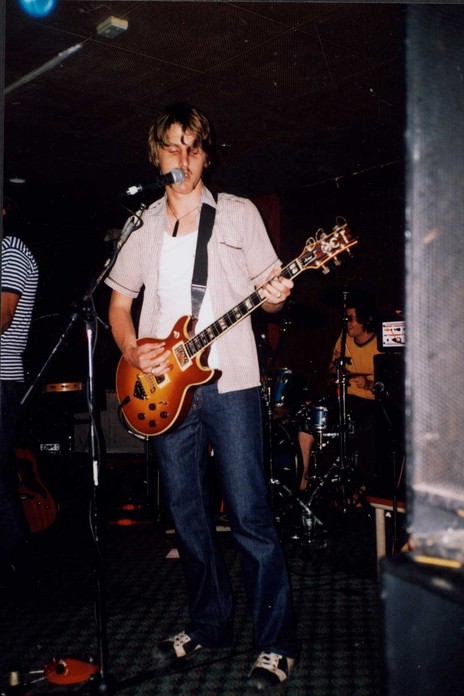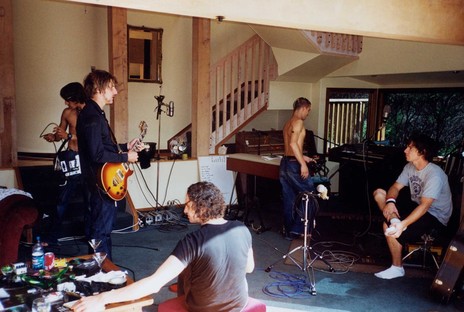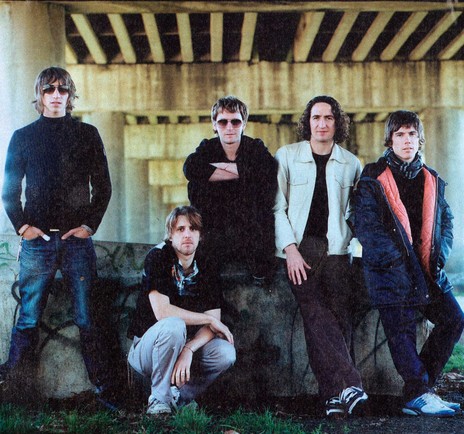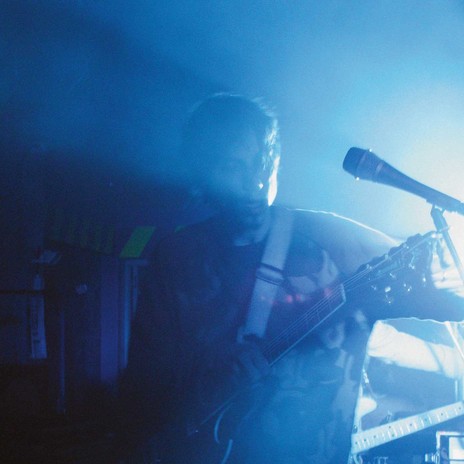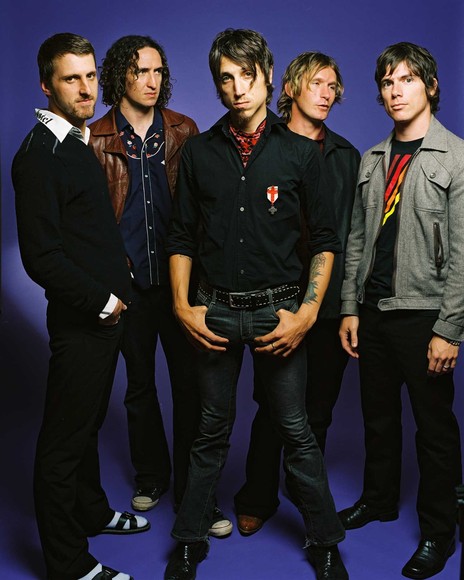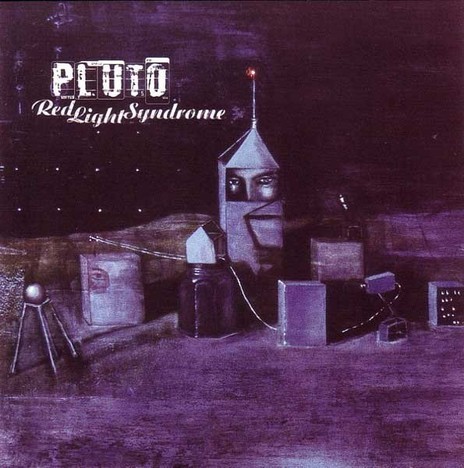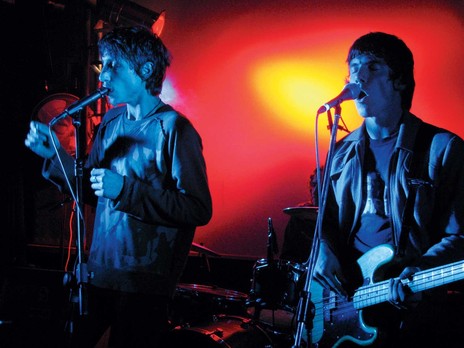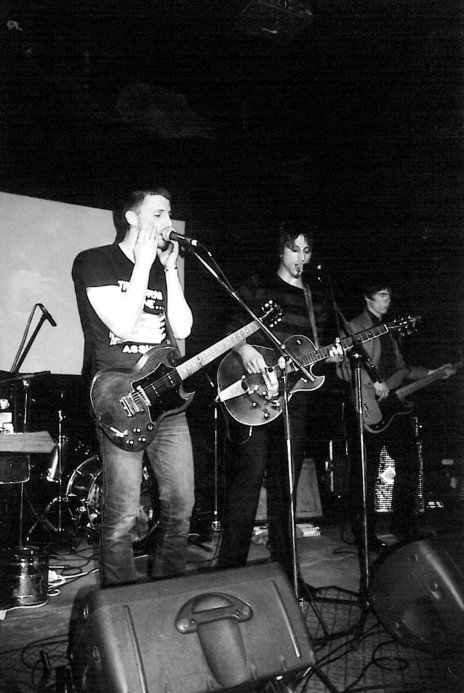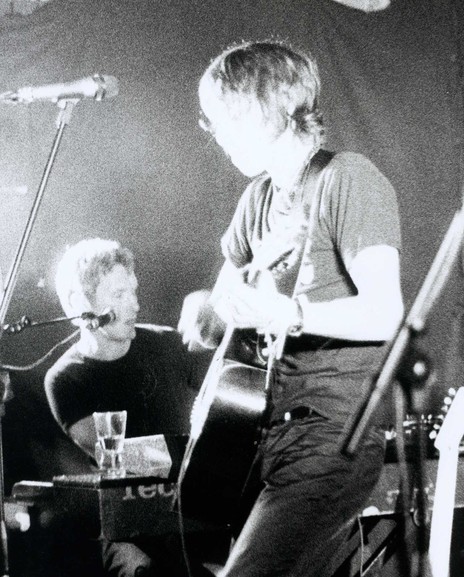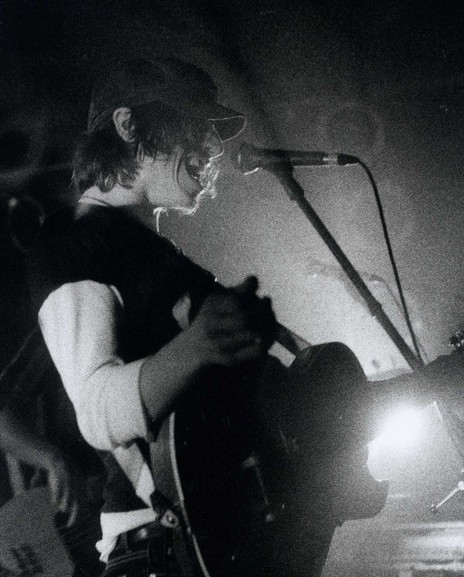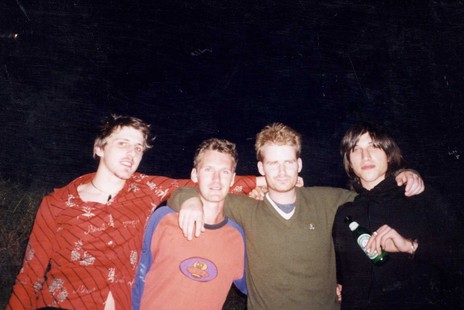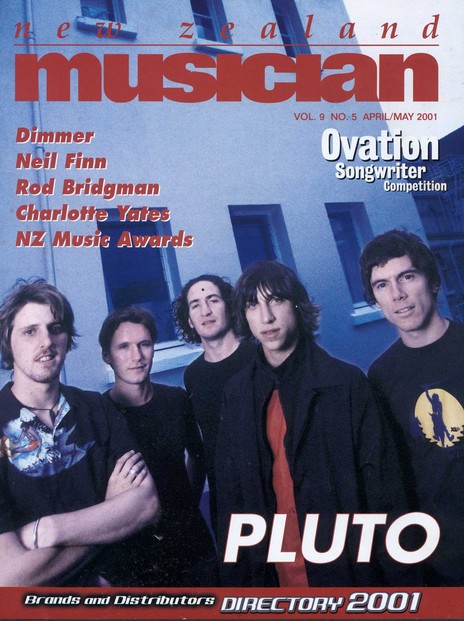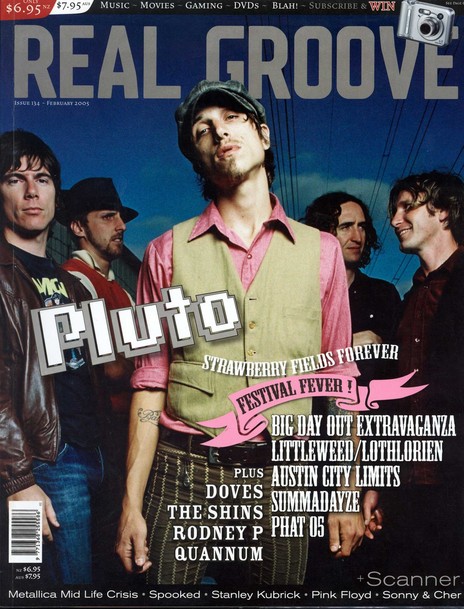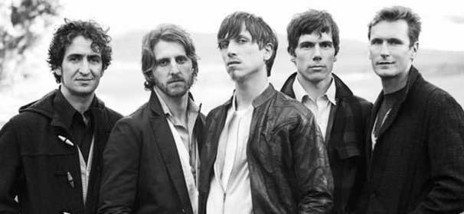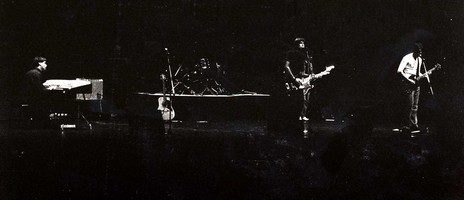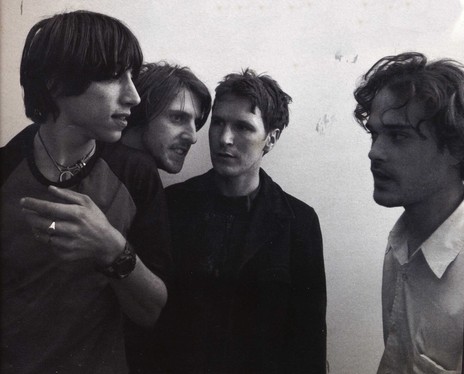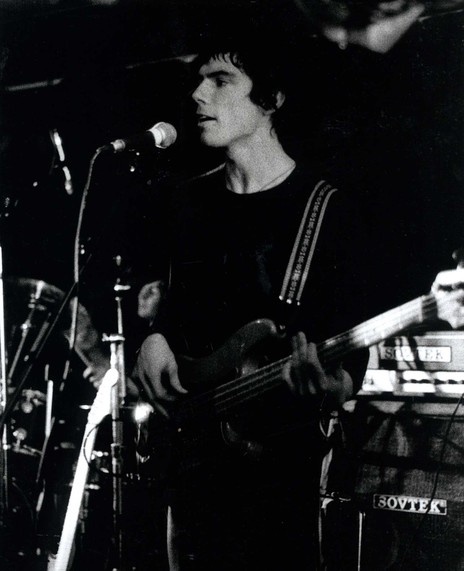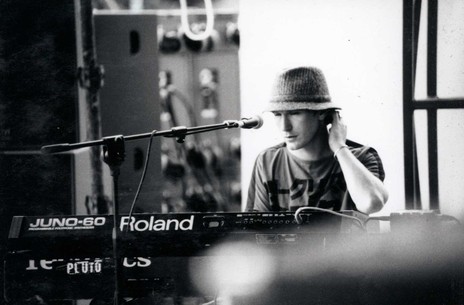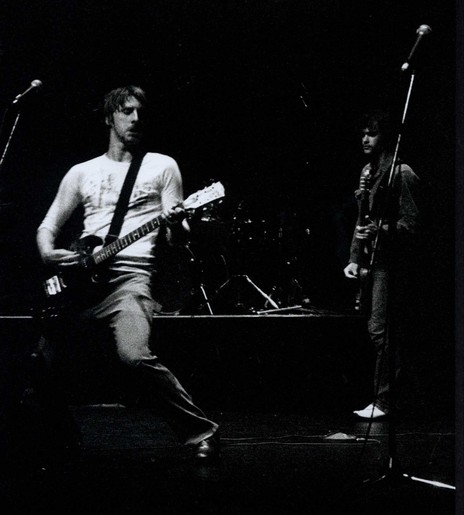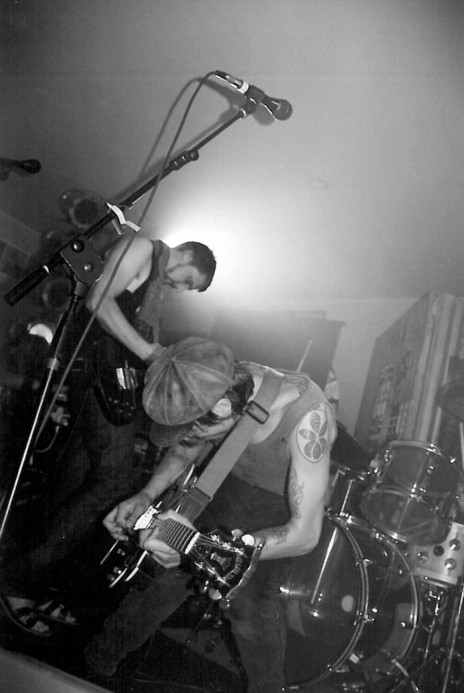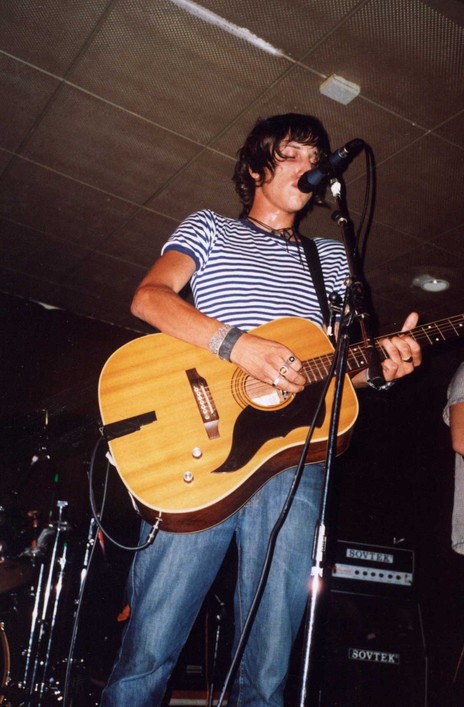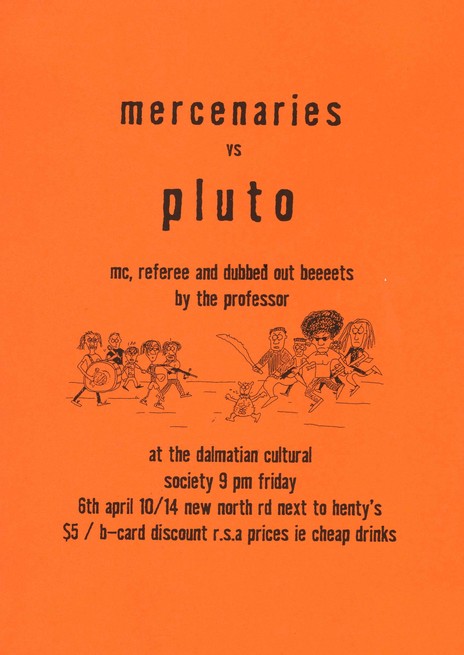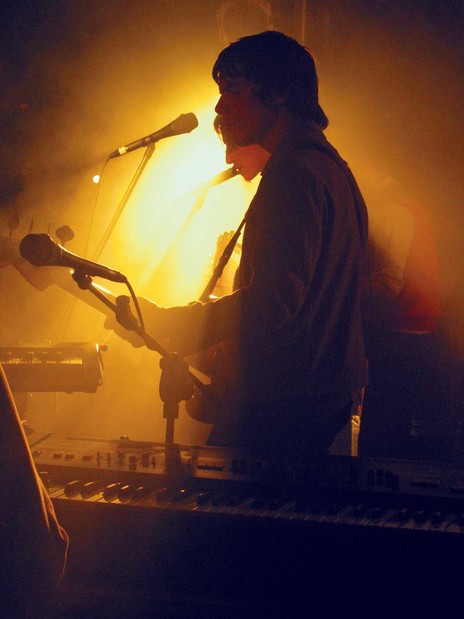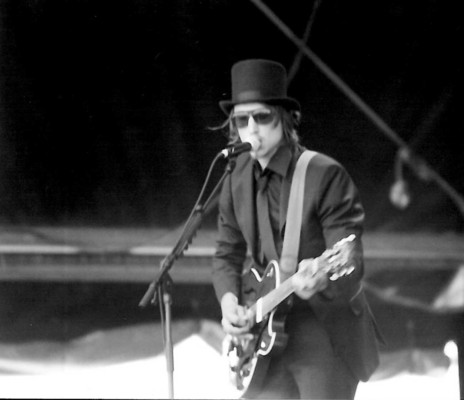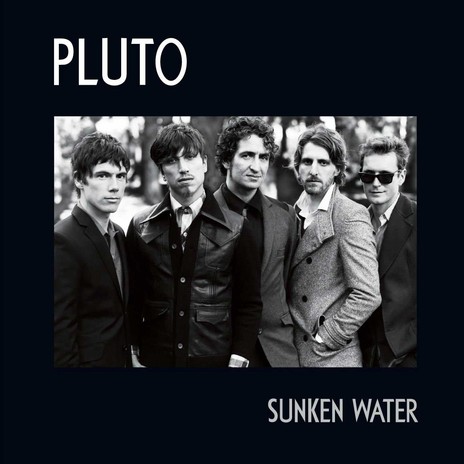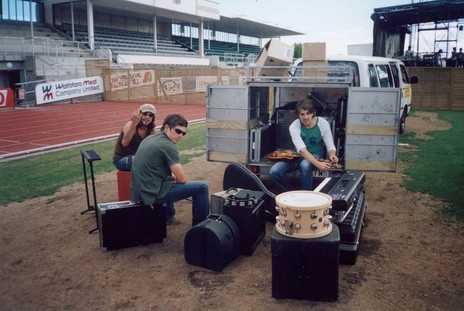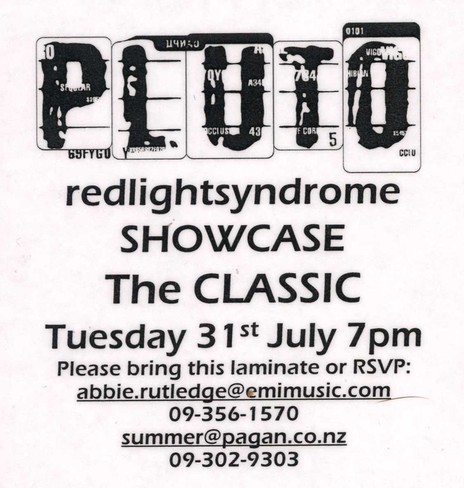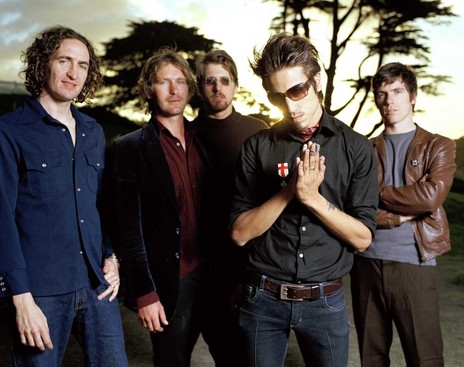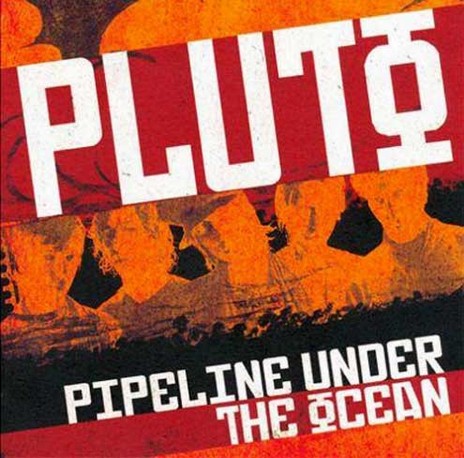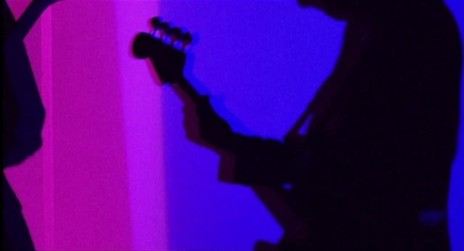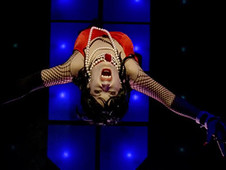The core of Pluto at the start comprised two young musicians, Milan Borich and Tim Arnold, who first met at 13 years of age and found they had a shared love of surfing and making music (which led to them both attending SAE – the School of Audio Engineering). The pair moved to London and made some early attempts at touring the new country with a pick-up band of local musicians and a raft of short-lived band names (most often appearing as "Johnny Custard"). After struggling to get a foothold in the live scene, they decided to focus instead on songwriting and returned to New Zealand with a decent number of tracks already written.
For the early sessions, they started most tracks with Borich playing drums and Arnold playing guitar, then they would overlay bass, guitars and vocals afterward.
They chose the name Pluto and soon found themselves in Helen Young Studios, a professional recording space within the Radio New Zealand building in Auckland. For the early sessions, they started most tracks with Borich playing drums and Arnold playing guitar, then they would overlay bass, guitars and vocals afterward.
They brought in another key member at this early stage, as Arnold recalls. "We met Matthias [Jordan] through our engineer and producer, Nick Abbott. Matthias was playing with Ben King [later a member of Goldenhorse] in a band called The Wars. He came in and did a couple of keyboard tracks for us and we went to see one of their gigs and were sniggering to ourselves, 'we're gonna steal that guy'. And sorry Ben, but we did!”
Their first release was the song ‘Moscow Snow’ on the If Licks Could Kill (2000) compilation. Buoyed by early student radio play, they went on to release the EP, A1 A2 (2000) through Antenna Recordings (an offshoot of Pagan Records, which was run by Trevor Reekie and Tim Moon). The band were using a practice room that belonged to the Mercenaries and the rhythm section from this band filled in for Pluto, though they played their first gig with only five songs in their set list so had to make ‘Bare Song’ go on for 20 minutes to fill up the gaps.
They did eventually find their own rhythm section, as Arnold recalls. “Through friends of friends, we met Michael Franklin-Browne [drummer for HLAH] ... I remember we had a gig booked with Neil Finn down in Hastings and it was about ten days out but we didn't have a bass player. We heard about Mike [Hall] through Milan's girlfriend at the time, though we'd probably seen him in play in The Brunettes. We had a meeting with him and said, 'what do you like?' He said Velvet Underground and all the right bands like that, so we said, 'dude, do you wanna be in the band?' And he was like – 'yeah alright.' So without really having a trial or a practice or anything, he was in."
When their first album Red Light Syndrome (2001) came out, it was a hit with reviewers and was boosted by two lo-fi videos for the singles, ‘She's Jive’ and ‘Hey Little’. Both were indie pop gems and became student radio hits, though the band's sound was already moving in a different direction, especially when it came to their thunderous live shows.
Unfortunately their efforts on the touring circuit were not matched by progress on the recording front and sessions for their next album dragged out for two and a half years. Firstly they had to maneuver themselves out of their contract with Antenna so they could take advantage of the greater promotional muscle of EMI by signing to them directly (the major label had distributed their first album). They'd received a Phase Four album grant from NZ On Air, but to make the most of it they had to ensure they had a decent monetary backing themselves (which NZ On Air would match) and so this also took time to arrange and relied, in part, on the generous support of some family members.
The recording process itself was also protracted. They ended up ditching a dozen tracks from the original album sessions, leaving only four tracks from months of hard work. Their initial approach had been to record the album each instrument at a time, but they realised through this process that they were losing the feel of the live band, which was central to their sound, so they started over again with this in mind.
On the upside, over this period they gained Grant Hislop as their manager. He was well-connected due to his work as programme director at Channel Z and was about to take the same role at Kiwi FM, while his work managing Goodshirt had helped that group to reach the top of singles chart.
When Pluto's next album, Pipeline Under The Ocean (2005) finally did arrive, their long years of gigging led to the album leaping into the Top 20.
When Pluto's new album, Pipeline Under The Ocean (2005) finally did arrive, their long years of gigging led to the album leaping into the Top 20, first entering the NZ Album Chart at No.16 on 14 February 2005.
The first single, 'Long White Cross', was a restrained and moody rock track, but it had enough catchiness to stick in a listener's mind and built to satisfyingly upbeat outro. It only reached the lower end of the Top 40 (peaking at No.30) but more importantly it helped the album on the charts. The song received recognition at the following year's music awards, winning Single Of The Year (as well as being nominated for a Silver Scroll Award).
However it was the follow-up single that really showcased the group's ability. 'Dance Stamina' started with a U2-esque anthemic opening, then dropped down to a restrained, yet propulsive verse section that built up a sense of tension. But instead of having the chorus break into full-throated rock, it instead dropped down to hand-claps and a very poppy vocal hook. Oddly, the liveliest section of the song was reserved for the guitar solo. The song notched up another a minor hit for the band (No.32, 10 April 2006) and won Song of the Year at the bNet awards. The radio and chart success of the song helped push the album to its highest placing – No.13 (29 May 2006). After 28 weeks in the Top 40, it eventually amassed double platinum sales.
Pluto had achieved what many crossover indie acts in New Zealand are unable to do. They moved beyond student radio success to reach a wider audience, but were still able to keep many of their early fans with them. They were probably helped by the arrival of C4 music television channel in 2003, which put their videos on high rotate (though the channel slowly ditched music videos from 2008 onward and was eventually rebranded as “Four”).
Their next album, Sunken Water (2007), drew out more of the band's instinct for late night, moody rock tracks. However, it didn't have the strong singles nor the energy of their previous albums. The opening track 'French Grave' was still a firm reminder of the group's power, which helped them score a slot on the main stage at the Big Day Out the following year.
The band’s repeated appearances at the festival remain a highlight for Jordan: “I definitely loved the five Big Day Outs that Pluto played – starting out on the smallest stages and working our way on to the main ones. We also supported The Dandy Warhols, Crowded House, Gomez, and Duran Duran. Another highlight was in Wellington sometime around 2005 when we had a queue for our show stretching all the way from the San Fran Bath House to Ghuznee Street. We went overseas too – played SXSW twice, did three trips to London and a handful in Australia. I always enjoyed our raucous tours and the wonderful feeling of being a band of brothers about to take on the world. We had some remarkable experiences and I learnt a huge amount and got to do some amazing things.”
Nonetheless the band slowly faded from view in the years that followed, with members going on to other projects. Mike Hall started demoing songs for his own group, Nightchoir, and eventually he was joined by Matthias Jordan, who had a number of his own songs to add to the mix. The band was completed by the addition of Michael Franklin-Browne on drums. Nightchoir was originally intended as a side project but, after strong reviews of their first album 24 Hours of Light (2010), the trio went on to release a follow-up, See The First Star (2012).
Pluto did start work on a fourth album, but it was abandoned, much to the disappointment of Jordan: “I kind of regret that Pluto never really managed to capture what we had going at the peak of our live shows in the recording studio. We actually spent 18 months intensely writing and recording just before parting ways which was a lot of fun but again when it came to finalising things in the studio we just couldn't quite get there.”
Further disruption was caused when Borich moved to the USA. “I got a publishing deal with Chrysalis in LA as a songwriter (another reason Pluto fell apart). I played in LA for three years as Milan and the Communist Party. Then Tim and I recorded an album under the name Debbie and the Downers [released in 2013]. The Debbie and the Downers new single was recorded in LA recently by Nick Abbott at his studio with the help and musical talent of Geoff Maddock (Goldenhorse), who has also played with me live in LA over the years.”
Borich also returned to acting in the interim – he was originally a child actor on television and appeared in the 1995 movie, Bonjour Timothy – and he gained a key role in the local version of the crime mini-series, Underbelly, in 2011.
Meanwhile, Jordan recorded two solo EPs and joined the indie rock group Dictaphone Blues, and Franklin-Browne re-joined HLAH when they started up again in 2008, playing packed shows throughout the country. Not to be outdone, Borich has been busy as a session drummer and also plays regularly with Steve Abel. If anything, Mike Hall was even busier – playing with SJD, Tami Neilson, Anna Coddington and joining Jordan for his solo shows. Taken as a whole, all of the members have remained engaged with the local live scene over the past five years, but Pluto has yet to resurface.
--
In 2019 Pluto released a new album, IV, and rock radio picked up on the yearning and propulsive lead single ‘Oh My Lonely’.
